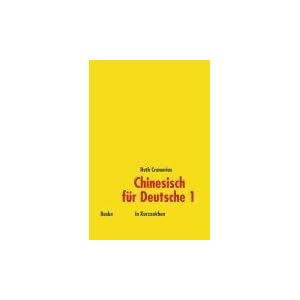@eoc: What codification did you use in your first message? Because even changing the codification of the browser I still can't see what you wrote. BTW, "Ò²" doesn't mean "ÊÇ" in ancient Chinese? And what's the use of this "Ò²" in ancient chinese idioms that have survived in modern chinese (such as ºÎÐíÈËÒ²)?
I have answered your question in my first reply. And I have changed my condification, can you read it now?
In case that you can't read it, I reply you it directly in English.
"Ò²" doesn't mean "ÊÇ", it means "also/too". The sentence you've read is not integrated ancient Chinese grammer. It should be like this: "ÊÇ...Ò²".
Such as,
Lady GaGaÊǺÎÐíÈËÒ²?
"ÊÇ"can be omitted. "Ò²" , here, it is a tone assistant word which cooperate with "ÊÇ". It desn't mean anything and also can be omitted.
By the way, Chinese sentence grammer is not so strict as English. Pay more attention to single characters, trying to understanding characters' meanings, trying to grasp the key characters in the sentence. Even the ancient Chinese grammer is much more strict than modern Chinese, it still dedicated in single characters.
I maybe confused you. Let's look at the example:
Lady GaGaÊǺÎÐíÈËÒ²?
Which is the key characters in that sentence?
The answer is "ºÎÐíÈË". This is so different from English. You can always find that lots of sentences don't use Verbs as a predicate at all in Chinese writings.
If you are a newbie at learning ancient Chinese. I strongly recommend you start with some ancient oral Chinese book. It is becasue they are more easy to understand and helpful at grasping key characters. <<The legend of 3 kingdoms>>(<<Èý¹úÑÝÒå>>) is my most favorite

.

 中,"也"字放在句子最后,不代表任何意思,是语气词.在古代白话文(古代口语) 中, "也"字通常被省略. 在现代口语中, 那句话就该这 么说, "XXX是什么样的人"或者"XXX是谁?"
中,"也"字放在句子最后,不代表任何意思,是语气词.在古代白话文(古代口语) 中, "也"字通常被省略. 在现代口语中, 那句话就该这 么说, "XXX是什么样的人"或者"XXX是谁?"